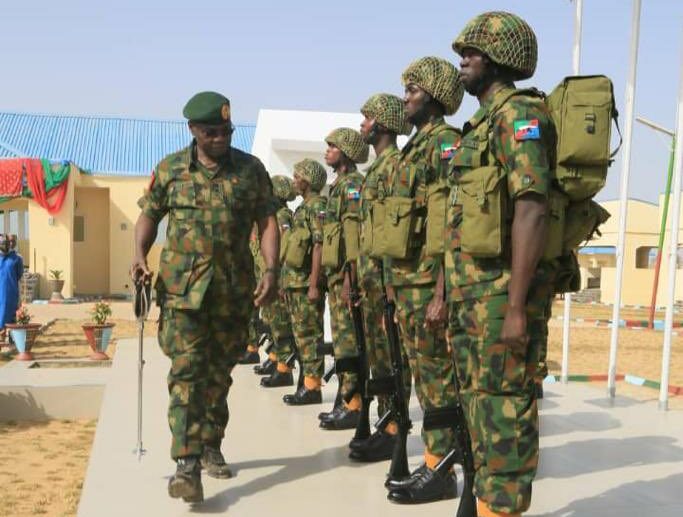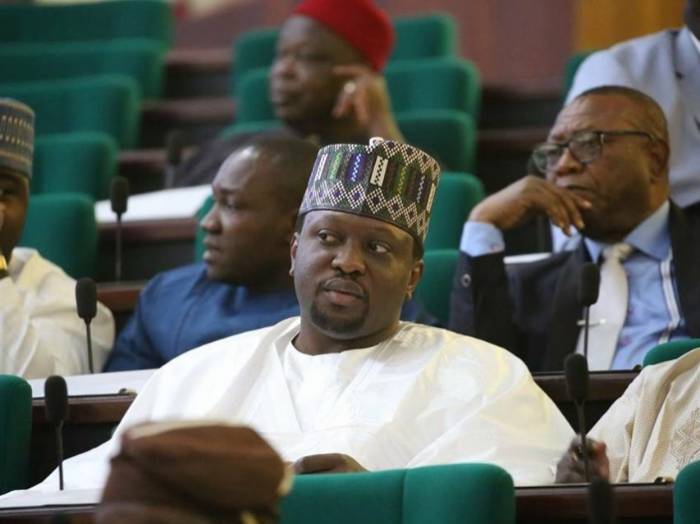Events in Nigeria need to be well-handled in a region becoming used to political instability.
1. In the 1960s, when successful coups began in sub-Saharan Africa, the military almost always gave reasons for the putsches. This was always “necessary” to win over public sympathy. The military has always known that public support is a prerequisite for a successful takeover.
In 1966, the junta that overthrew Ghana’s first president among their justifications accused him of autocracy. Later in 1972, the junta that overthrew the Second Republic accused the government of reducing the benefits of soldiers and bringing hardship to the people. The coup was consequently labelled “the soldiers’ amenities coup”.
In recent years, the military in the Sahel has justified their “interventions” with the “insecurity” mantra. In Gabon and Guinea, it has done so with the overstays of civilian leaders.
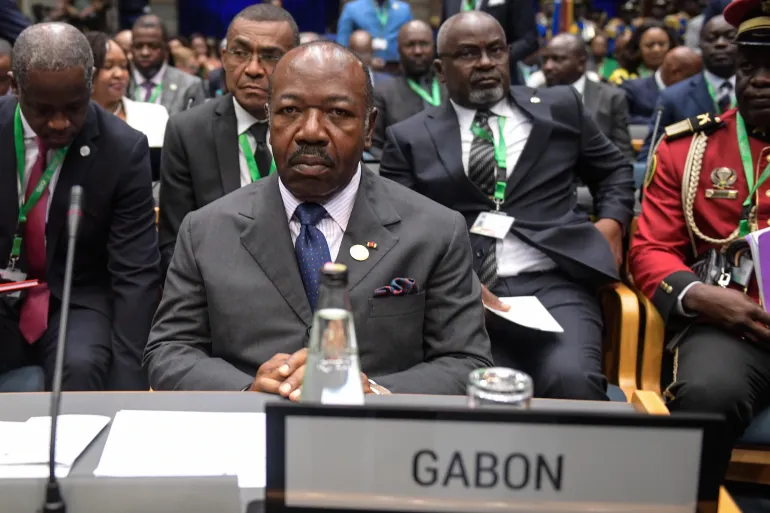
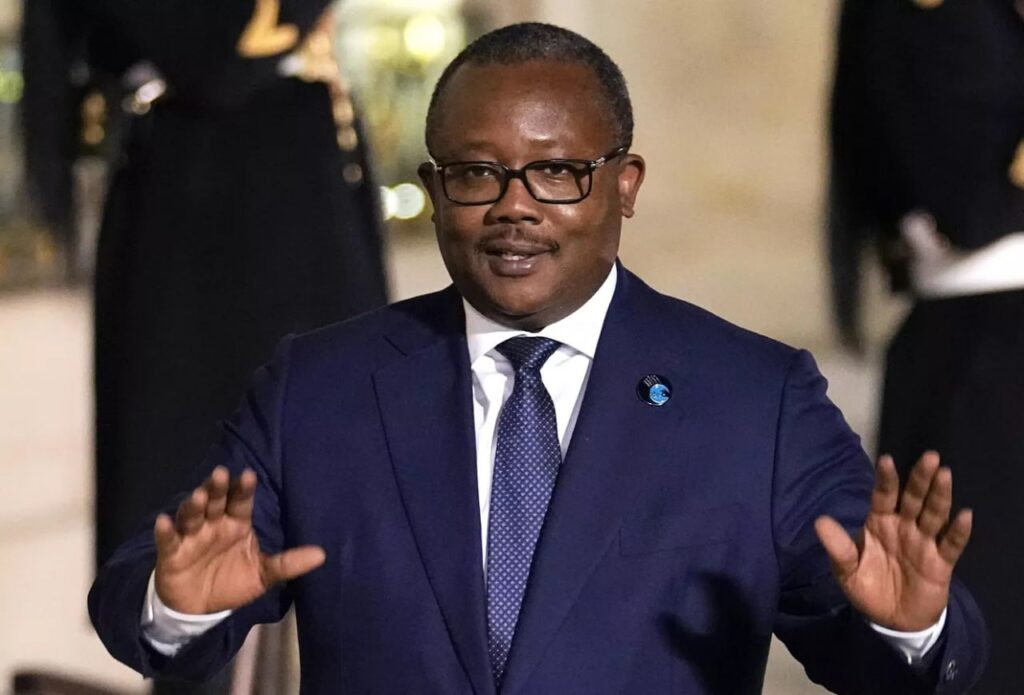
A few days ago, 16 personnel of the military were killed by civilians in Nigeria. The personnel were intervening in community clashes in Delta State (in the South). According to reports, the commanding officer, two majors and 12 soldiers were killed. Some civilians also perished.
Despite many kinds of factors (terrorism, banditry, kidnapping, religious and other clashes) that have contributed to insecurity in many parts of the country, the killing of military personnel marks a dangerous escalation that borders on instability.
Firstly, Nigeria is Africa’s largest “growing” democracy that needs to be protected. Even though the country has had civilian rule for over two decades, recent coups in the region and the excuses for them make attacks on military personnel dangerous. The insecurity excuse has been used in Mali, Burkina Faso and Niger.
Despite its electoral achievements, the country has not yet achieved the two-turnover test. This is a measure of democratic stability that is determined by power changing hands twice. Simply put when party A hands over to party B and B hands over back to A or in some cases C. Nigeria is not there yet.
Only a few countries have achieved this in the region. Ghana, Senegal and until recently Liberia are among these. Even for these countries, stability is not guaranteed.
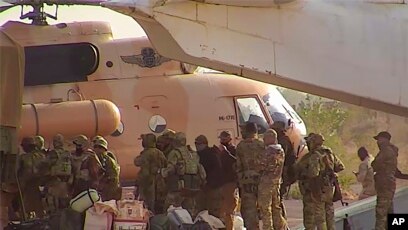
More on this story: Ghana’s gold increases risks for Russian-backed coup
More importantly, any instability in Nigeria will be more consequential than recent takeovers in the region. With the largest and most powerful military in the region, the soldiers being in charge in Nigeria will be disastrous.
The civilian government (state and federal) must be proactive in the resolution of inter-community disputes before they escalate. Also, special police units could be created for such situations. In the short term, culprits must be punished, and adequate compensation paid to victims and dependents.


